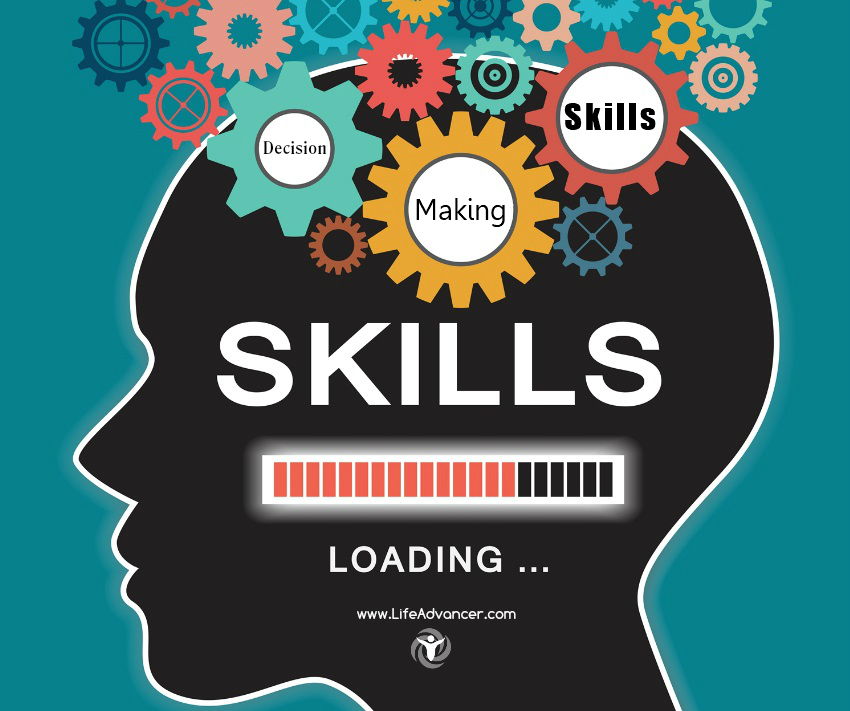Within the current rapidly changing world, the act of making decisions can often feel daunting. With countless choices at our fingertips and the pressure to consistently arrive at the right decision, it's no wonder many struggle with fear and doubt in their decision-making process. Whether you are confronted with small day-to-day choices or significant life-altering decisions, mastering the skill of effective decision-making is crucial for individual and professional achievement.
Through refining your choice-making abilities, you can manage life's challenges with confidence and clarity of thought. This piece will explore proven methods to enhance your decision-making abilities, delve into the mental aspects behind great decisions, and provide strategies for arriving at confident choices even in uncertain times. Starting with grasping the importance of gut feeling to identifying the drawbacks of indecision, we will discuss essential resources and understandings that can enable you to make better decisions and overcome the stagnation that often comes with analysis. Come along as we set out on a path to transform doubt into understanding and decisiveness.
Methods for Effective Decision-Making
To boost choice-making capabilities, it is important to adopt techniques that foster clearness and self-assurance. One successful technique is the use of organized decision-making frameworks. Homepage help people map out their choices, consider advantages and drawbacks, and see the results of each choice. By spending effort to this structured process, outcomes become more clear and more reasonable, lowering the chance of biases impacting the conclusion.
Another helpful technique is to practice awareness during the decision-making journey. Mindfulness encourages decision-makers to concentrate on the here and now, noticing emotions and emotions without preconceived notions. This mindfulness can help lessen anxiety and fear connected with making options, allowing for a more fair review of alternatives. By stepping a step back and being aware, decision-makers can mitigate pressure and boost overall choice assessment.
Additionally, leveraging instincts can be a powerful approach in decision-making. While data and analytical thinking are critical, trusting one's instinct often leads to wise decisions, especially when the clock is limited. To harness this intuition well, decision-makers should think back on past events and recognize regularities in their decision processes. Combining instinct with analytical thinking can create a more comprehensive method, allowing wiser and more assured decisions.
Grasping the Psychological Factors of Choices
Formulating choices is frequently affected by a variety of mental elements that shape how we evaluate our alternatives. Emotions play a significant role in this procedure, as feelings of fear or anxiety can obscure decision-making and lead to indecision. The notion of decision overwhelm also comes into play, where the mental exertion of formulating various choices can diminish our ability to make sound choices afterward. Identifying these psychological influences is vital for individuals desiring to enhance their decision-making skills and maneuver through uncertainty efficiently.
An additional key factor is the impact of cognitive distortions on our choices. Frequent biases such as confirmation bias, where people favor data that aligns with their existing views, can lead to poor decisions. Comprehending these cognitive biases helps to create awareness and allows for more objective analysis when evaluating alternatives. The psychology behind these biases reveals how our brains often take shortcuts, leading to choices that may not align with our objectives or values.
In conclusion, intuition also plays a significant role in making choices. While some may disregard gut instincts as irrational, research indicates that these instincts is informed by our experiences and information, often guiding us to make quick yet effective choices. Balancing intuitive insights with analytical reasoning can lead to a more rounded approach. By being aware of the psychological aspects influencing our choices, we can enhance our ability to make confident and informed choices.
Methods for Tackling Indecision
Tackling indecision begins with acknowledging the sources of your fear and doubt. Typically, the apprehension of making the incorrect choice can be overwhelming. To counter this, it is crucial to reshape your perspective. Instead of seeing decisions as black and white, think about the possibility for learning and development regardless of the outcome. Recognize that every decision entails challenges, but considering them as opportunities for growth can lessen the weight of your choices and enable you to move forward.

An additional effective approach is to cultivate a process for making decisions that works for you. Determine the key factors that are crucial in your decision-making process, such as principles, objectives, and deadlines. Develop a simple checklist or criteria to assess your choices in a structured manner. This structured approach helps minimize the anxiety that frequently accompanies decision-making. By anchoring yourself to a predefined process, you can navigate choices more effectively, avoiding the pitfall of inaction by analysis.
Lastly, practice making small decisions often to build your confidence. Begin with simple choices like what to eat for lunch or which movie to watch. As you become more comfortable with these small decisions, gradually raise the complexity. This practice helps prepare your brain for faster, more effective decision-making while reinforcing the idea that not every choice needs to be spot-on. Through this method, you develop a capacity that empowers you to address larger decisions without giving in to apprehension.
